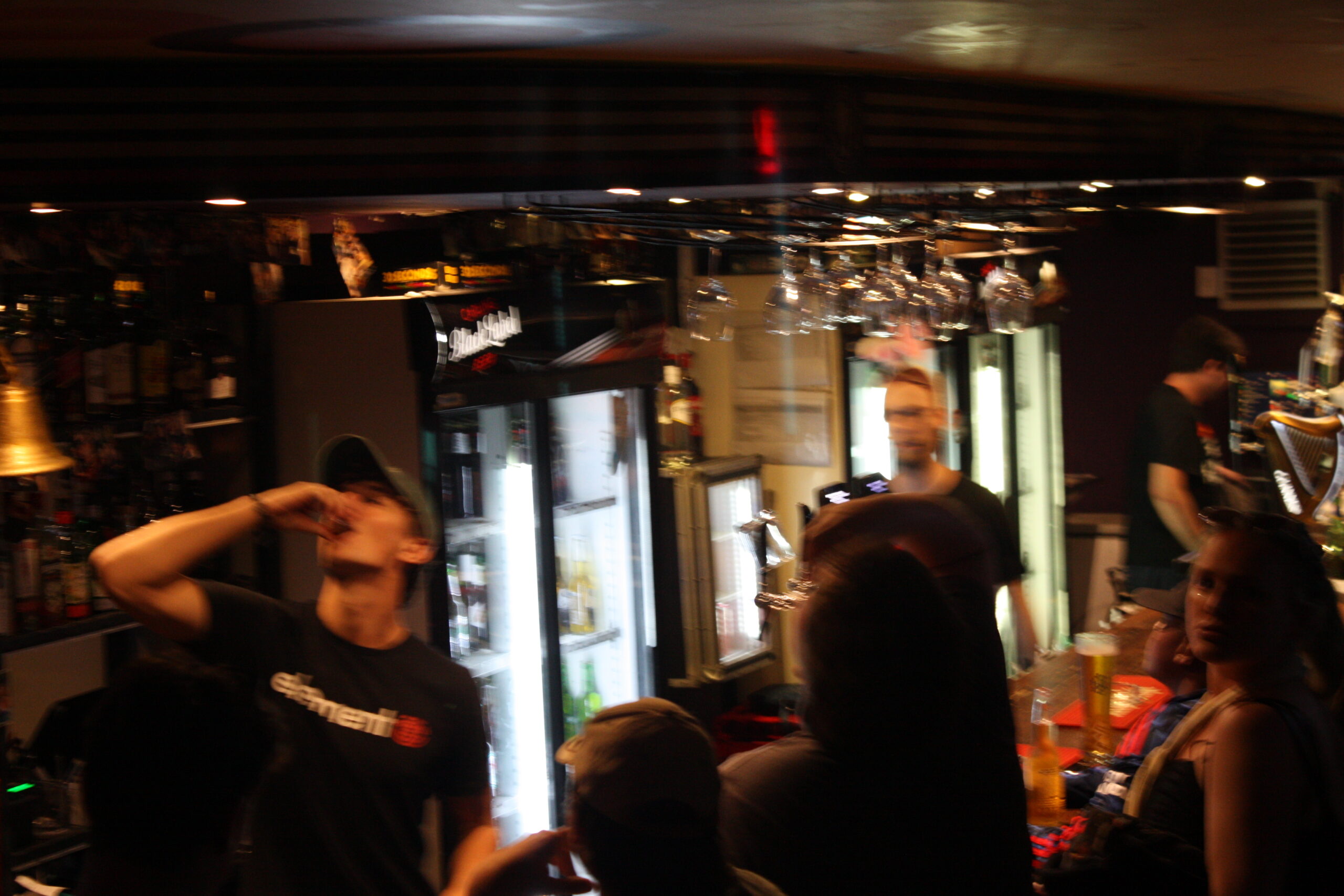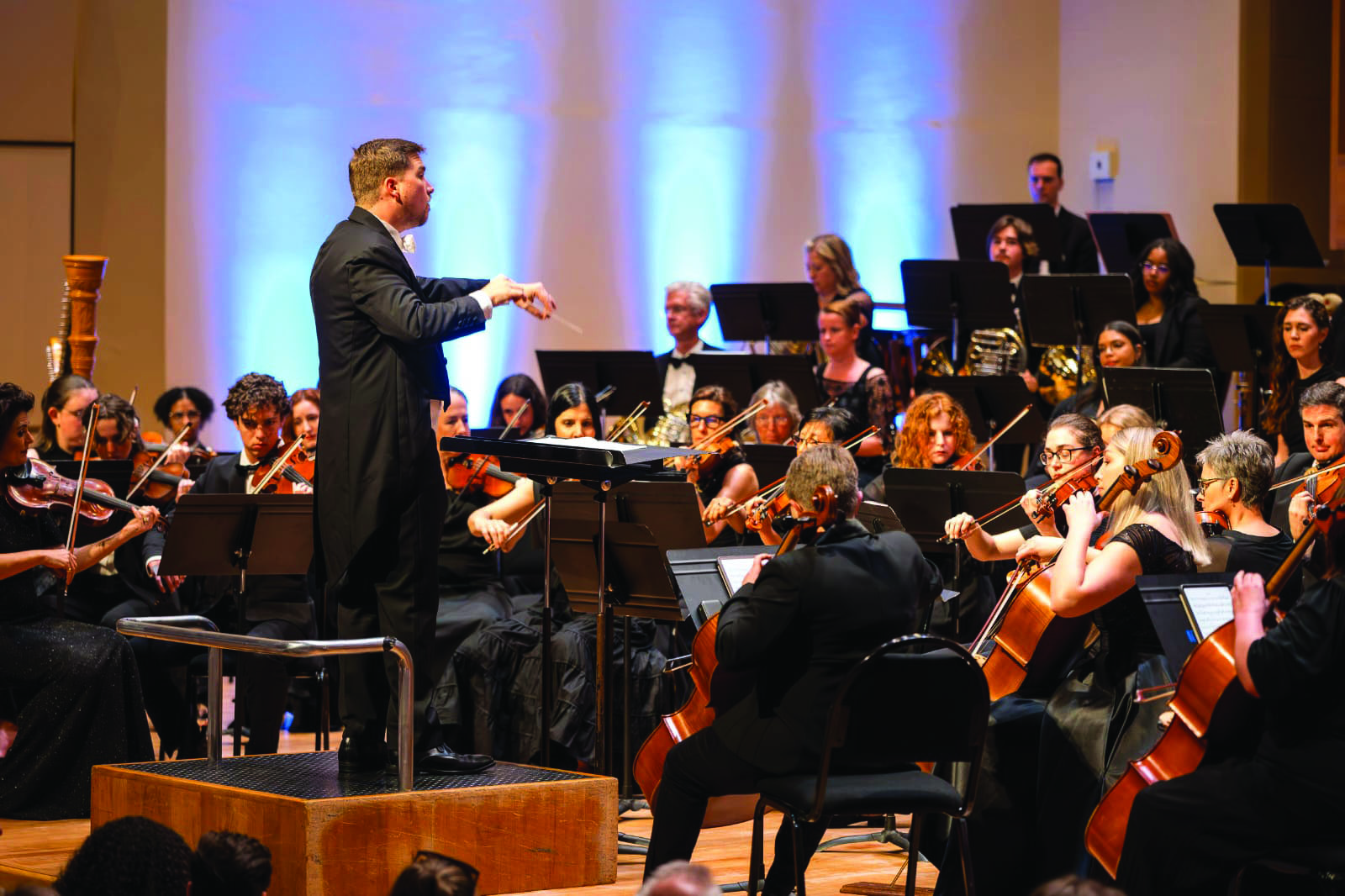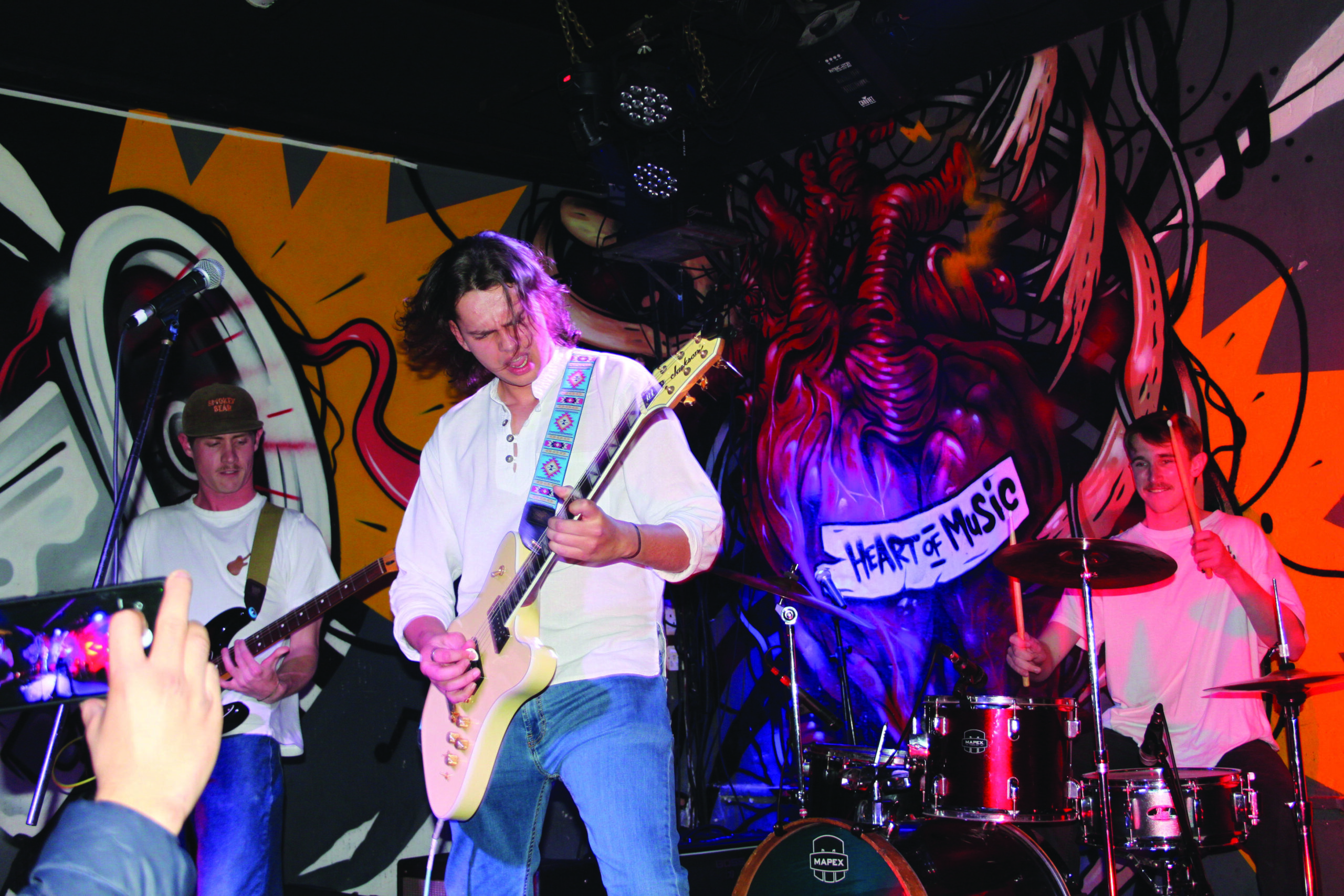By Charlie Moody-Stuart
The Stellenbosch University (SU) drama department will be performing a play on the subject of race—These are the things that sit with us—which consists entirely of real-life conversations with SU students on campus.
Inspired by the book of the same title, the play by editors Pumla Gobodo-Madikizela, Friederike Bubenzer and Marietjie Oelofsen will be performed between 26 and 30 April.
“The book is about generational trauma, especially in South Africa with apartheid. It’s full of testimonies of different people [of] different races, [and] what they went through,” explains third-year BA (Drama and Theatre Studies) student Thalia Alberts.
“The authors had different interviews with people and they would record them, so it’s like a book full of people’s stories. The drama department was commissioned by the Arts [and Social Sciences] faculty to do a theatrical reaction on the book.”
This is a “verbatim” physical theatre piece. Here, the cast have had conversations with people, recorded them (with their consent), and then replicated the exact conversations in the production itself.
For the SU drama department, that meant patrolling the Neelsie and engaging in five-minute conversations on the topic of race with different students.
“The point of it [this production] is to [stay] true to the intention of the conversation. You can’t just take a little snippet, or twist the meaning of it.”
Alberts emphasises that the objective of the play is not a didactic one. “We’re not trying to preach anything. We’re literally just taking the conversations as they were had, and putting them on there. We sat down and [thought], ‘Okay, how do we fix racism?’ We don’t know! So that’s kind of the whole thing of the play: all you can do is talk about it,” she says.
While commenting on conducting interviews on a topic that is as charged and personal as race, Alberts admitted that this is not an easy task. “It’s very scary,” laughs Alberts. “You’re like, ‘Hey, would you like to have a conversation with me about this very hectic topic?’ And the point [as an interviewer] is to stay . . . non-opinionated.”
Still, there was an almost unavoidable degree of bias in the interview process, which largely expressed itself in racially profiling people to obtain a specific answer or point of view.
“You realise that you go to certain people expecting certain answers. You’re like, ‘We’re lacking some of this opinion’, so then you go out and try [to] find that opinion, which is not the way to do it,” acknowledged Alberts.
Persistence was key in obtaining an opinion in the first place. According to Alberts, barely half of the students whom she tried to talk to actually engaged with her.
“50% is a bit optimistic,” she said, shaking her head.
“Most people off the bat would be like, ‘Nee, sorry, I have somewhere to be’.
“The whole thing that [we were] trying to do was to get people to . . . [s]peak [their] mind!” she said.
An ethnic imbalance between cast and interviewees means that in the production they will not be able to represent all the opinions they heard.
Encapsulating this imbalance is the disparity between the number of black males interviewed and black males in the cast. There are no black males in the cast. “The cast is predominantly white,” noted Alberts.
“No black men auditioned . . . and if you were talking to a black guy you can’t . . . have a white woman playing them in the piece. So we couldn’t include any black men’s conversations. So we have had to work through that, which was hard, because there’s a lot of things that like white people won’t ever touch on.”
The intensity of rehearsals was not without effect on the cast. “A lot of us felt very burnt out after rehearsals because we would sit for . . . three hours and just talk. And you feel like you’re exhausted,” recalled Alberts.
“[There were] [no] arguments, but . . . different things affect people differently.
“But it was really good hearing different people’s perspectives,” she said.
By providing this space for discourse, it seems the whole cast has reaped rewards from rehearsals. “This has been the best experience of my life thus far. I’ve met beautiful, talented people that I have shared a building with but just never come across,” said cast member and third-year BA (Drama and Theatre Studies) student Luyanda Jantjie.
“I got to say things I thought I would never say out loud in my life, but everyone created such a safe space for that type of stuff,” Jantjie continued.
The impact of this play on its cast is testament to its potency as a production. It would be remiss of students not to avail themselves of this opportunity to witness firsthand a theatrical piece that can be an instrument for change.



